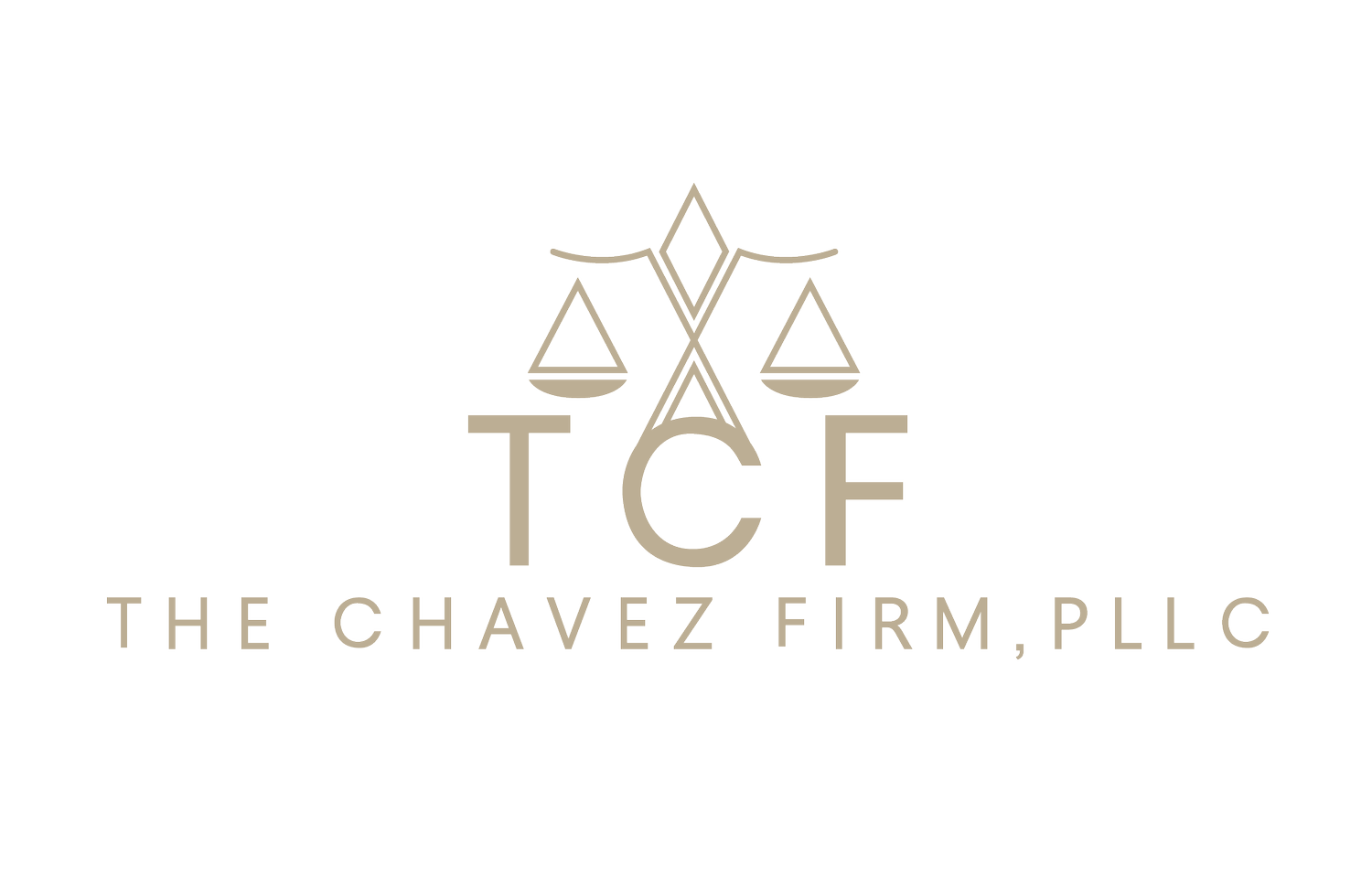Four Common H-1B Requests for Evidence (RFEs) & How You Can Respond
Author: Angelita Chavez
The H-1B Non-Immigrant worker visa allows employers to temporarily employ a foreign worker in a position. Each fiscal year, congress allows for 65,000, plus 20,000 Masters cap, new H-1B visas. An H-1B worker can generally work in the US for a max of 6 years. To learn more about the H-1B visa check out our H-1B article on how to prepare for the H-1B lottery season.
Employers who have already filed an H-1B petition, or are looking into this visa, should be aware of these four common H-1B RFEs:
1. Proof of Worker's Qualifications: H-1B worker must meet the specific education requirements for the job position. This includes relevant educational credentials and/or documentation of relevant work experience, or licenses and certifications, if required for the position.
2. Specialty Occupation: USCIS could request evidence that the job position qualifies as a "specialty occupation" that requires the theoretical and practical application of a highly specialized body of knowledge.
3. Employer-employee Relationship: USCIS will want evidence about a valid employer-employee relationship between the petitioner and the foreign worker. This may include documentation regarding employment contracts, supervision arrangements, performance evaluations, or any other evidence that demonstrates the petitioner's control over the employee.
4. Maintenance of Status: H-1B candidates already in the United States who require a change of status, will need to demonstrate maintenance of lawful status. Evidence may include copies of the visa and related form I-94 arrival/departure records, employment authorization, pay-slips, among others.
Conclusion:
The H-1B visa can be a great opportunity for employers to bring needed skilled workers and talent to their business. If you need assistance responding to a Request for Evidence, contact our office at 541.357.8381 or schedule a consultation directly.
DISCLAIMER: This Blog content is not a substitute for legal counsel and does not form an attorney-client relationship. Our “Immigration Moment” articles are purely for information purposes and do not constitute legal advice.
